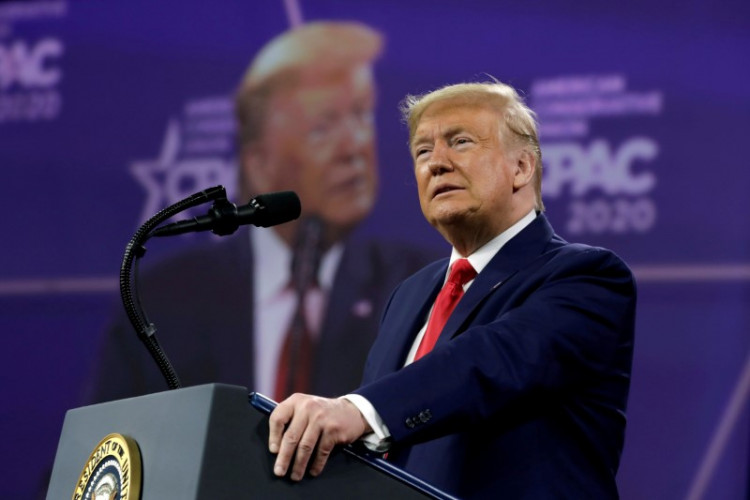In a striking shift in public health discourse, former President Donald Trump suggested he would consider banning certain vaccines and expressed support for removing fluoride from drinking water if re-elected. During an NBC interview on Sunday, Trump lauded Robert F. Kennedy Jr., the outspoken vaccine critic and recent Trump endorser, calling him a "talented guy" with "strong views" and revealing that Kennedy might have significant influence over health policies in a Trump administration.
Kennedy, who has long advanced debunked theories linking vaccines to autism, recently endorsed Trump and has been reportedly promised substantial authority over public health. Trump's comments hint that Kennedy's influence could extend to multiple health agencies, including the Centers for Disease Control and Prevention (CDC) and the Food and Drug Administration (FDA).
"Well, I'm going to talk to him and talk to other people, and I'll make a decision," Trump stated when asked if he would consider banning certain vaccines. While noncommittal, the former president did not dismiss the notion, underscoring the potential for a fundamental shift in federal health policy.
In addition to vaccines, Trump commented on Kennedy's vow to remove fluoride from drinking water, a practice widely recognized by health professionals as instrumental in preventing tooth decay. Kennedy recently posted on social media that fluoride was "an industrial waste" linked to various health issues, including arthritis and thyroid disease-claims the CDC and the American Dental Association have firmly refuted.
Asked about Kennedy's stance on fluoride, Trump responded, "Well, I haven't talked to him about it yet, but it sounds OK to me. You know, it's possible." Trump's ambivalence sparked concerns in public health circles, as fluoride's benefits in reducing dental decay have been widely documented, with the CDC ranking water fluoridation as one of the top public health achievements of the 20th century.
Kennedy has publicized his potential role within a second Trump administration, claiming he would have control over federal health and food safety agencies, including the CDC, FDA, and Health and Human Services Department (HHS). At a recent rally in New York, Trump indicated he would give Kennedy substantial latitude, saying he would let him "go wild on food" and "go wild on medicines" if he were to return to the White House.
The prospect of Kennedy taking the helm of major health institutions has fueled debate over the future direction of U.S. public health policy. His opposition to widely accepted scientific consensus, particularly on vaccines and fluoridation, has long been criticized as dangerous misinformation. Health experts argue that Kennedy's ideas, if implemented, could undermine decades of progress in disease prevention and health safety.
Adding to the controversy, Howard Lutnick, co-chair of Trump's campaign, told CNN that Kennedy could gain access to federal vaccine safety data if he assumed a leadership role. According to Lutnick, Kennedy claimed he would use the data to prove vaccines are unsafe. "He says, 'If you give me the data, all I want is the data, and I'll take on the data and show that it's not safe,'" Lutnick said, signaling openness within Trump's camp to Kennedy's controversial health views.
Kennedy has called for aggressive reforms under his "Make America Healthy Again" agenda, which he argues would improve public health. However, mainstream health organizations, including the CDC and World Health Organization, have repeatedly countered Kennedy's claims, emphasizing that vaccination is critical in preventing life-threatening diseases. The WHO estimates that immunization programs have saved over 150 million lives in the past five decades alone.






